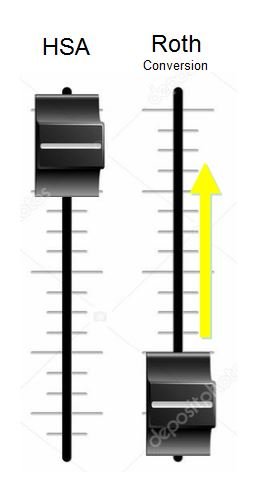Is there any reason that I should not fund an HSA in Retirement? I have a Retiree Medical Plan that is a High Deductible Plan which qualifies for HSA's and includes a small ($400) Employer Paid contribution. My wife and I are also 7 years away from Medicare. We expect to have several thousand dollars for medical, dental, vision and hearing each year and think it would make sense to, at a minimum, fund the HSA up to this amount but I want to make sure I am not missing something. Thanks.
Rob
Rob


